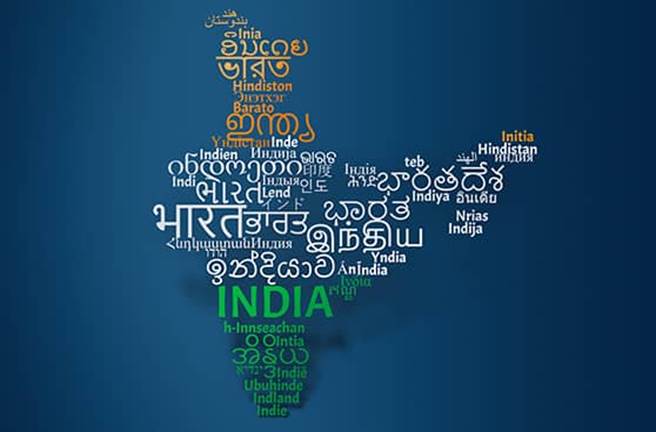
Copyright infringement not intended
About
● The Union government has decided to set up ‘Bhasha kendras”; language centres to prepare study material and courses for the 22 languages mentioned in the 8th schedule of the Indian Constitution.
● Bhasha Kendras will be established under the Union ministry of education’s Indian Knowledge System (IKS) initiative.
● Private and Government, NGOs, trusts and foundations are allowed to set up Bhasha Kendra with government approval.
● Main responsibilities on Bhasha Kendras.
● They will prepare 100-200 pages and booklets of the literature and manuscripts available in their designated languages.
● Translating these works into Sanskrit and English.
● These centres will enrich their designated Indian languages with modern science and social models.
● To prepare adequate study material in Indian languages so that a child is not forced to learn English to gain knowledge.
● Empower learners to understand and debate the most modern topics in regional languages.
● To develop courses at the undergraduate level.
● These language centres will be established in line with the National Education Policy (NEP) 2020, to promote regional languages and it will also promote national integration.

Key points of the New Education Policy 2020
- The National Education Policy (NEP) 2020 was released in July 2020.
- NEP 2020 will replace the National Policy on Education, 1986.
- It aims at ensuring Universal Access at All Levels of schooling from pre-primary school to Grade 12.
- It Ensures quality early childhood care and education for all children between 3-6 years.
- It introduced a New Curricular and Pedagogical Structure (5+3+3+4).
- 5 years of foundational stage (for ages 3 to 8).
- 3 years of preparatory stage (for ages 8 to 11 or classes 3 to 5).
- 3 years of middle stage (for ages 11 to 14 or classes 6 to 8).
- 4 years of secondary stage (for ages 14 to 18 or classes 9 to 12).
- No strict separations between arts and sciences, between curricular and extracurricular activities, and between vocational and academic streams.
- To establish a National Mission on Foundational Literacy and Numeracy.
- Promoting multilingualism and Indian languages.
- Reform in Assessment of Board Exams. Setting up a new National Assessment Centre, PARAKH (Performance Assessment, Review, and Analysis of Knowledge for Holistic Development).
- Special priority is given to socially and Economically Disadvantaged Groups.
- A separate Gender Inclusion fund and Special Education Zones for disadvantaged regions and groups;
- A transparent process for recruitment of teachers and merit-based performance assessment.
- Ensuring availability of all resources through school complexes and clusters.
- Setting up of the State School Standards Authority.
- Promoting Vocational education in school and higher education systems.
- Increasing Gross Enrolment Ratio (GER) in higher education to 50%.
- Multidisciplinary Education with multiple entry/exit options.
- Establishment of Academic Bank of Credit
- Setting up of Multidisciplinary Education and Research Universities.
- Setting up of the National Research Foundation.
- Expansion of open and distance learning to increase GER.
- Teacher Education - 4-year integrated stage-specific, subject-specific Bachelor of Education
- All higher education institutions (HEIs) will be restructured into 3 categories:
- Research universities focus equally on research and teaching.
- Teaching universities focus primarily on teaching.
- Degree-granting colleges primarily focused on undergraduate teaching.
- Multiple mechanisms with checks and balances will combat and stop the commercialization of higher education.
- All education institutions will be held to similar standards of audit and disclosure as not-for-profit entities.
- The Centre and the States will work together to increase public investment in the Education sector to reach 6% of GDP at the earliest.
- Strengthening of the Central Advisory Board of Education to ensure coordination to bring overall focus on quality education.
For More Details: https://docs.google.com/document/d/1rD1FT7VDzJfrqU-9zOZ4ErhoBFwRuX00/edit
https://www.hindustantimes.com/india-news/centre-plans-22-bhasha-kendras-101665942185701.html
https://t.me/+hJqMV1O0se03Njk9




